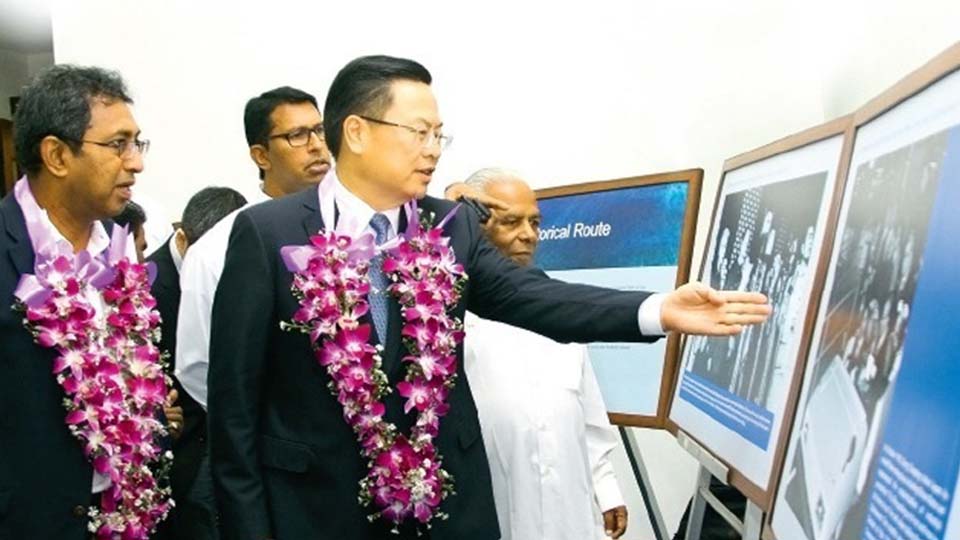By Silent Observer
In the labyrinth of political paradoxes, Dr. Harsha De Silva emerges as a tragic Shakespearean figure, seemingly ensnared by the very system he once sought to reform. A learned individual, esteemed by many, Dr. De Silva appears to be following a path trodden by many politicians, a path woven with inconsistencies and shifts in stance, often at odds with previous advocacies.
Machiavelli, in his seminal work, “The Prince,” opines, “The first method for estimating the intelligence of a ruler is to look at the men he has around him.” This notion seems tragically pertinent to Dr. De Silva, who, despite his erudition, seems to be relegated to the typical political manoeuvring characteristic of many Sri Lankan politicians.
Sri Lanka has long suffered from political vacillation, where policies pivot not on the axis of national interest, but often, on a pendulum of political rivalry. The propensity of politicians to alter national policies seemingly out of spite has been a recurrent impediment to foreign direct investment (FDI) and investment promotion, affecting the economic trajectory of the nation since its independence. Such oscillations between support and opposition are symptomatic of the transient nature of political alliances and the perceived amnesia of the electorate. It illustrates Machiavelli’s assertion that “the great majority of mankind are satisfied with appearances, as though they were realities.”
Dr. De Silva, revered for his professional acumen, was expected to transcend such petty political machinations. The populace anticipated a deviation from such transient politicking, a hope rooted in the desire to see professionals like him bring change and stability to Parliament. Yet, the tragedy lies in his seeming transformation into the archetypal politician, as his stance on projects like the port city project appears to sway with his political alignment.
Instances from his career, unmarked by significant accomplishments, seemingly attest to this transformation. The only accolade he has to boast about is the ambulance system available in Sri Lanka which we all thank him for .other than that his career is nothing but “unremarkable”.

He once championed the port city project, extolling its virtues on global platforms during his ministerial tenure. Yet, his current opposition to the same project, terming it a pipe dream,marks a stark divergence from his earlier advocacies.
This shifting stance reflects Machiavelli’s acknowledgment of the volatility and impermanence of political landscapes and allegiances, epitomizing the tragic struggle between idealism and pragmatism. It embodies Machiavelli’s notion that “Everyone sees what you appear to be, few experience what you really are.”
Dr. De Silva’s trajectory seems to resonate with a greater political malaise, where the fluidity of political beliefs and the pursuit of power overshadow steadfast commitment to reform and national development. It serves as a stark reminder of the ephemeral nature of political convictions and the enduring conflict between professional integrity and political expediency.
This transformation of Dr. De Silva echoes a somber, timeless truth, illuminated by both Shakespeare and Machiavelli: the relentless and often futile pursuit of power and idealism in the tumultuous arena of politics, where convictions are as mutable as the winds, and the essence of one’s beliefs is often lost in the turbulent seas of political rivalry and ambition.
In the tragic dance of politics and power, we find ourselves lamenting, “Oh, where have all the steadfast guardians gone?” Where are the soldiers of integrity and bearers of unwavering convictions in the ever-shifting sands of political landscapes?
Are they all puppets now dancing to a geographical master ? One never knows.

